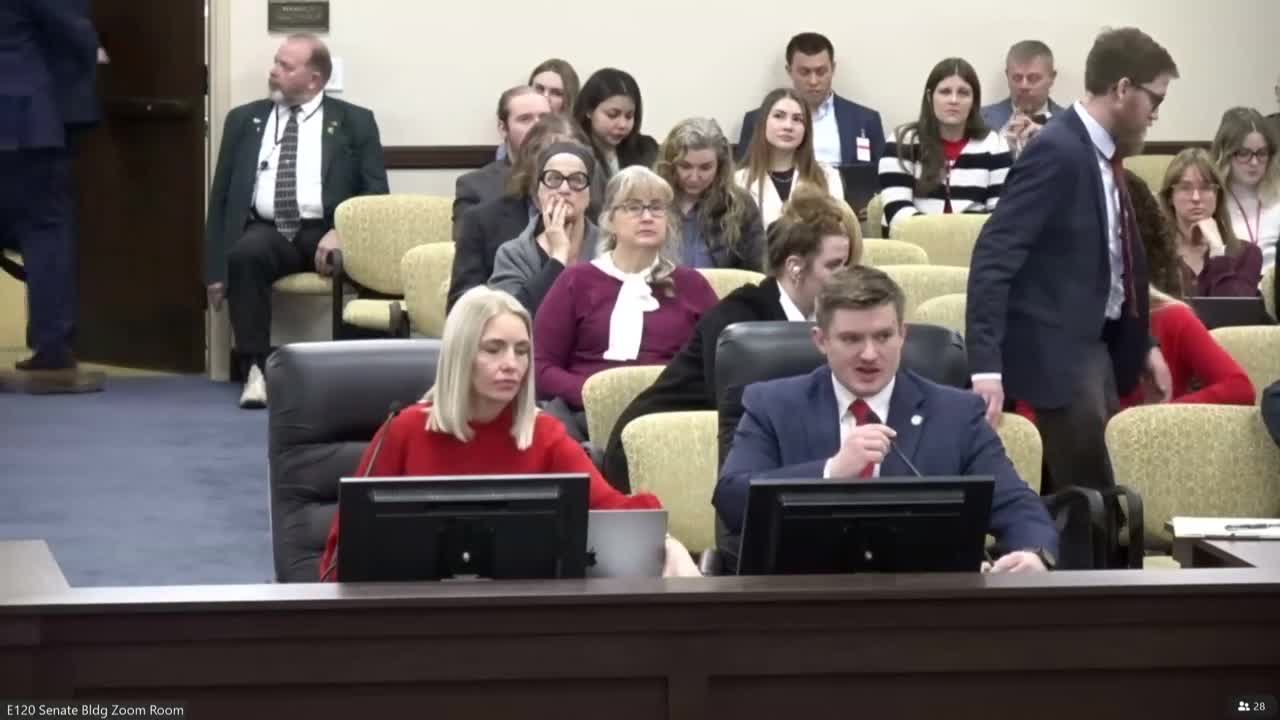Committee backs narrow school meals changes and summer EBT pilot after emotional testimony
Get AI-powered insights, summaries, and transcripts
Subscribe
Summary
House Bill 100 would eliminate the reduced-price meal category for many students, create a summer EBT program pilot and codify best practices to reduce food waste and stigma. The committee adopted a substitute and an amendment to narrow the fiscal exposure and recommended the bill 8–3.
Representative DeFe and supporters said House Bill 100 aims to reduce food insecurity for schoolchildren by eliminating the reduced-price lunch threshold for households in a narrow eligibility range, establishing a summer EBT pilot, codifying practices to reduce school food waste, and addressing stigma in meal service.
The sponsor and witnesses described how small unpaid meal balances accumulate into roughly $2.8 million of school-meal debt annually and stressed that even modest daily meal costs can create second-order effects that push families toward food insecurity. The sponsor and private philanthropists also described plans for public–private partnerships to expand reach.
Technical and fiscal changes: the committee adopted a first substitute and then an amendment that narrowed the initial state investment by limiting the program to kindergarten through sixth grade, which sponsors said would roughly halve the fiscal note to about $2.5 million (prior to official scoring). Testimony cited a state-prioritized appropriation and a summer EBT pilot modeled on other states: one witness cited a state match of about $618,000 drawing down approximately $31.8 million in federal benefits in some models.
Public testimony included parents, nonprofit food-bank representatives and school foundation leaders who described students arriving hungry and urged support. Opponents raised concerns about program overlap with existing social-service programs and cautioned against expanding state-administered benefits without careful targeting.
The committee voted to adopt substitute language and an amendment and then voted 8–3 to recommend the bill as substituted and amended. Representatives Ochsir, Peck and Walter recorded votes against the committee recommendation. Supporters said the measure is voluntary for families and that the sponsor will continue to work with appropriators on funding and implementation details.
